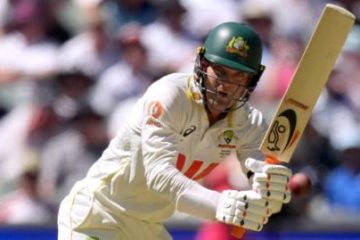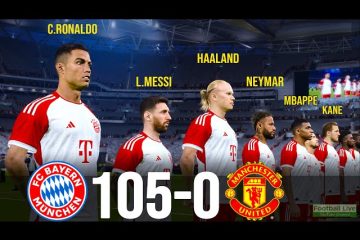The Legacy of Gary Lineker: From Football Icon to Media Star
Introduction
Gary Lineker, a name synonymous with football excellence in the United Kingdom, remains a significant figure in both the sporting and broadcasting worlds. His journey from a prolific striker for clubs like Leicester City, Everton, and Tottenham Hotspur to hosting BBC’s ‘Match of the Day’ has made him a beloved figure among fans. Lineker’s transition into media has not only enhanced his public profile but has also positioned him as a prominent voice in sports commentary.
Football Career
Born on November 30, 1960, in Leicester, Lineker’s football career began in local youth teams before making his professional debut in 1978. His goal-scoring prowess led him to the English national team, where he became the top scorer in the 1986 FIFA World Cup, a feat that solidified his place in football history. Completing his international career with 48 goals in 80 appearances, Lineker remains England’s third-highest scorer. His club career spanned various teams, with notable success during his time at Tottenham Hotspur, where he won the FA Cup in 1991.
Transition to Broadcasting
Following his retirement from professional football in 1994, Lineker seamlessly transitioned into broadcasting, becoming an integral part of the BBC’s sports coverage. His charisma and knowledge of the game quickly established him as a respected sports presenter. Lineker has hosted ‘Match of the Day’ since 1999, becoming the face of Saturday night football for millions of viewers. His ability to engage with the audience while discussing game strategies, player performances, and footballing controversies has made him a staple of UK football commentary.
Recent Events and Controversies
In recent years, Lineker has not only been prominent on the pitch and TV screens but has also become known for his outspoken views on social and political issues. His social media presence often reflects his support for humanitarian causes, immigration, and refugee rights. However, this has sometimes led to controversies, especially regarding statements made during politically charged moments. Most recently, Lineker faced backlash for comments made about the UK government’s immigration policies, prompting discussions about the responsibilities of public figures and the boundaries between personal opinions and professional duties.
Conclusion
Gary Lineker’s influence extends beyond the football field, making significant contributions to sports journalism and social discourse. As he continues to navigate his career amidst an evolving media landscape, his ability to bridge the gap between sport and society remains impactful. For football fans and followers of sports media, Lineker’s insights and perspectives will likely continue to resonate, shaping the way football is discussed both on and off the pitch.







